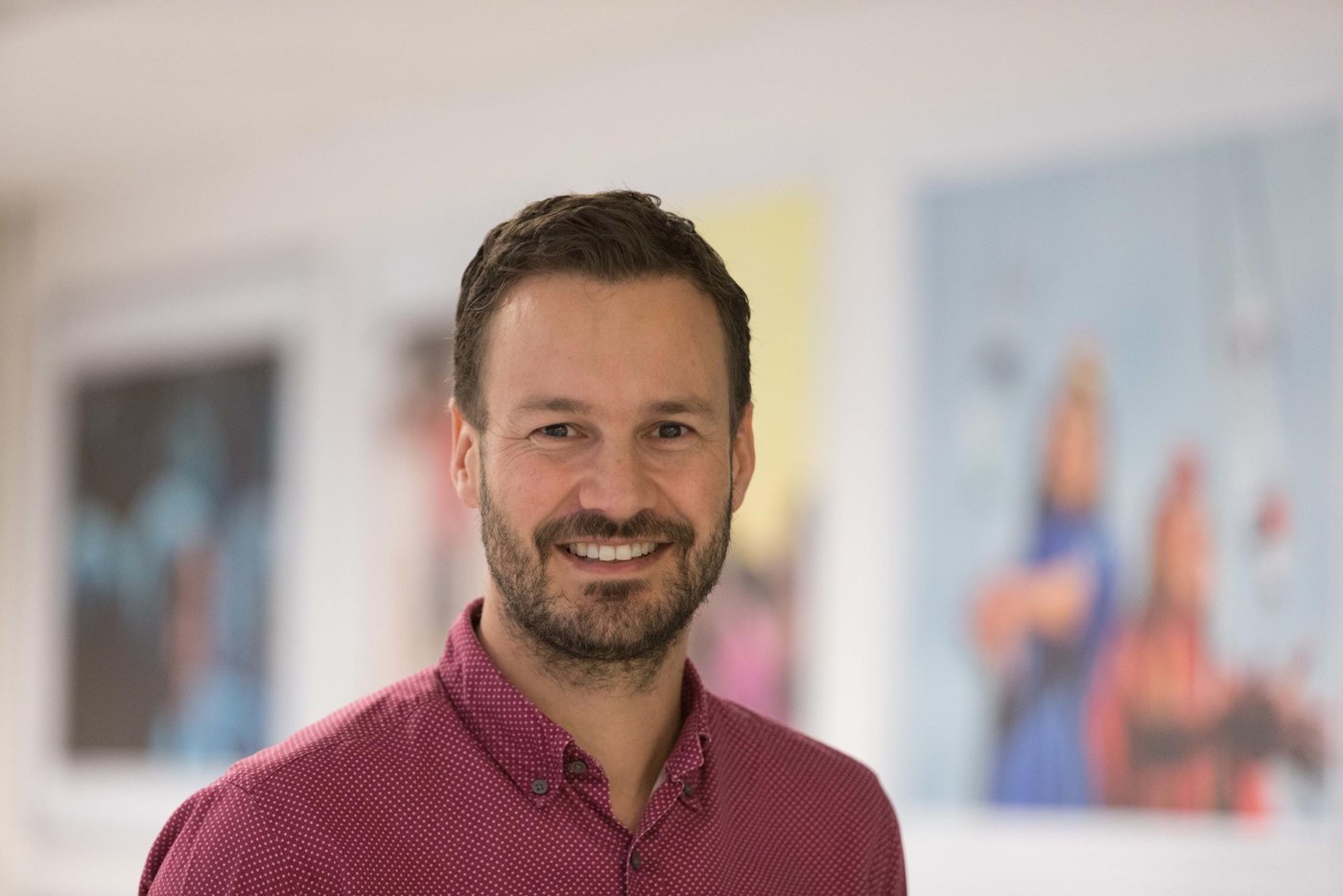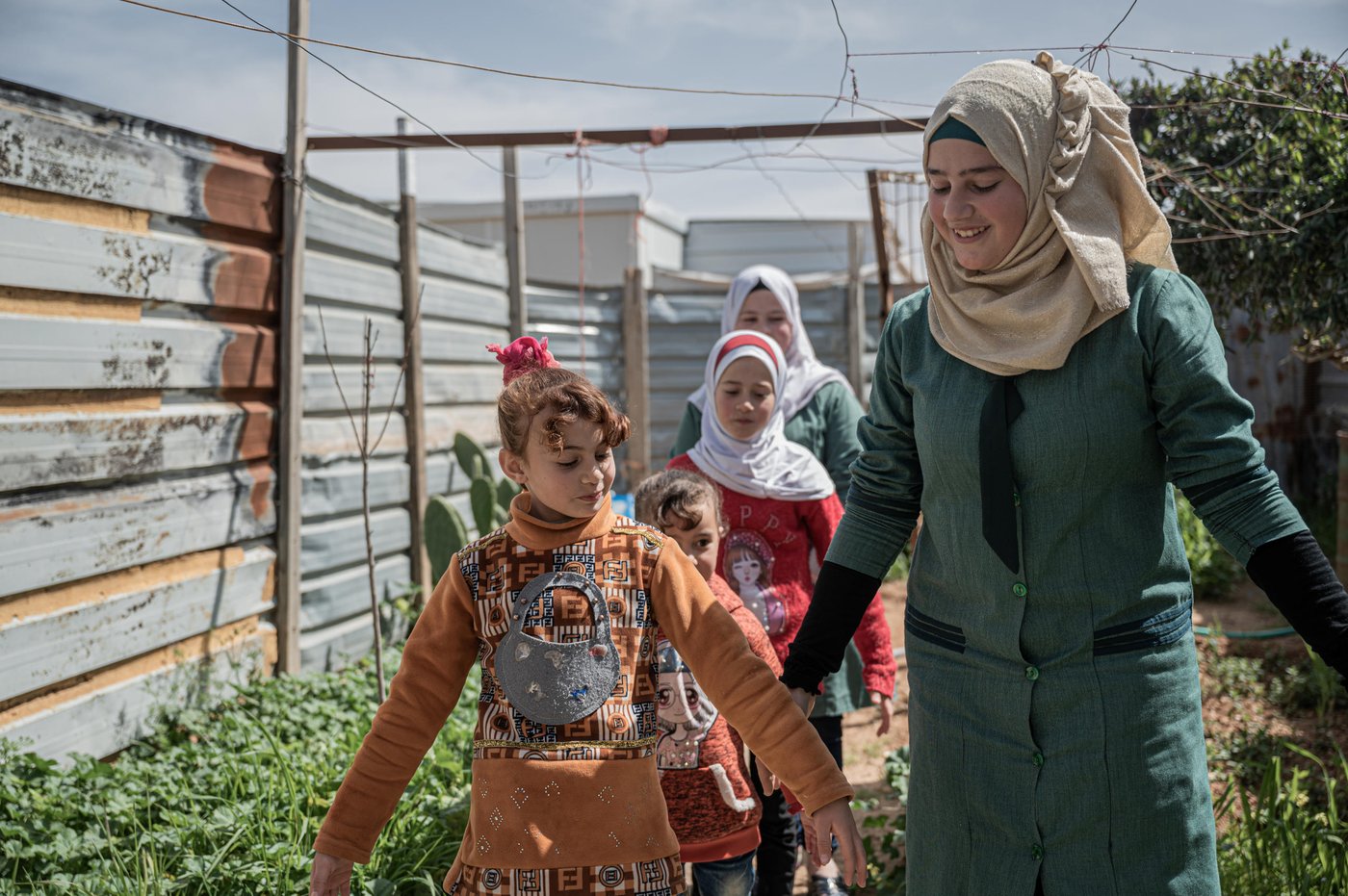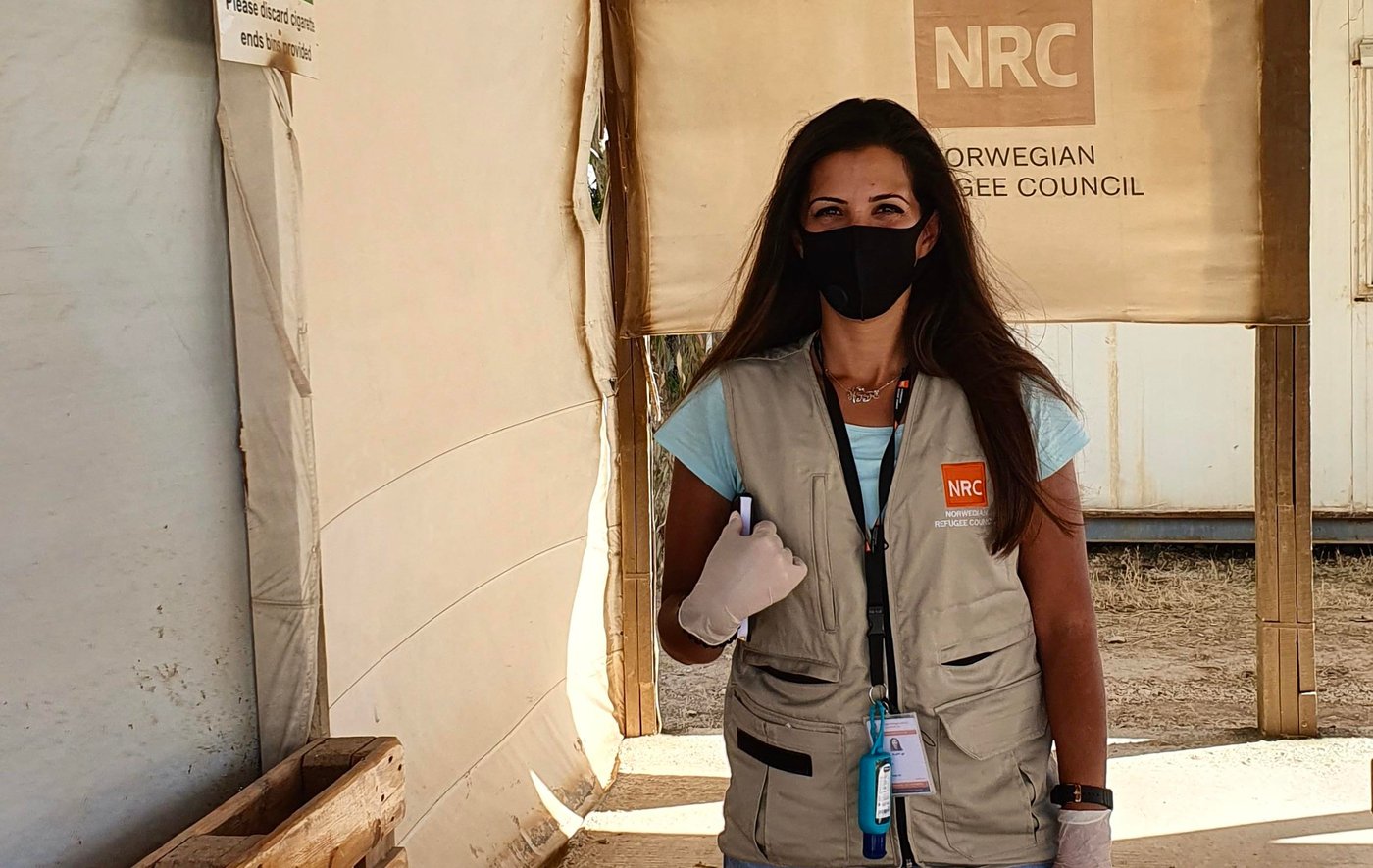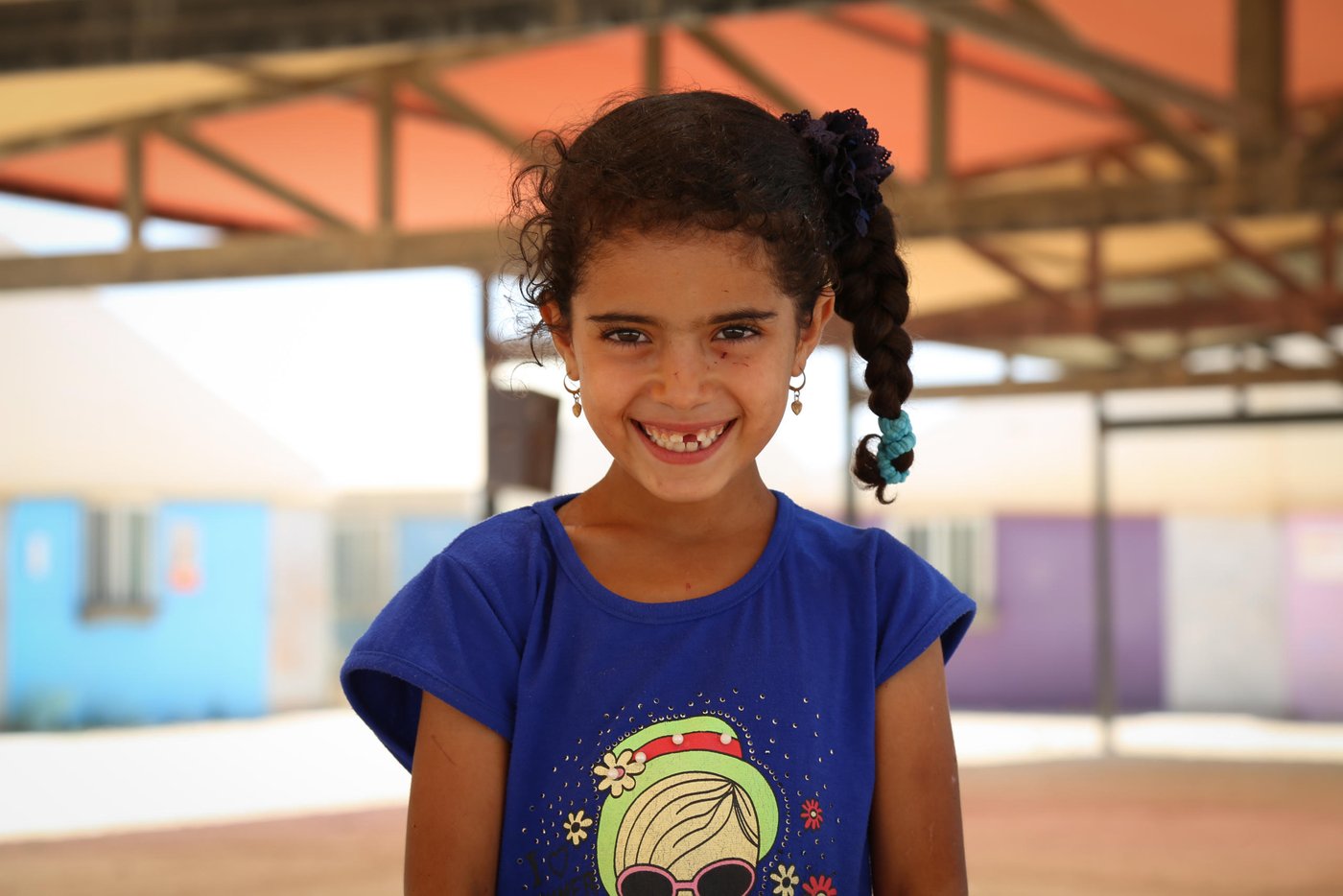School closures and the wider socio-economic impacts of Covid-19 are disrupting children’s and young people’s normal support systems. They are being left more vulnerable to illnesses and protection risks such as physical and humiliating punishment, sexual and gender-based violence, early marriage, child labour, trafficking, and recruitment by armed groups.
“Girls and other marginalised groups, particularly those in displaced settings, are especially affected,” says Constantijn Wouters, Global Education Adviser with the Norwegian Refugee Council (NRC).

Children at risk
Since the outbreak of Covid-19, Wouters has been working around the clock, together with NRC education teams in more than 30 countries, to ensure that children and youth can exercise their right to a good education.
“Children and young people in displacement have often missed out on years of education already, due to war and conflict. Now that schools are closed because of Covid-19, they will fall behind even further without help,” he says.

Refugees and displaced people often live in overcrowded buildings or tents, sometimes together with other families. Water and sanitation facilities such as handwashing stations and toilets are often shared. Access to electricity, let alone an internet connection, is limited. Studying at home while in lockdown is almost impossible in these circumstances and increases the stress for both children and parents.
Psychosocial support
“We try to help parents and children cope with that stress by providing remote psychosocial support, through our Better Learning Programme. This helps to create an atmosphere at home in which children and young people can continue to learn,” explains Wouters.

“We send easy-to-use advice and exercises to parents and their children, if possible through WhatsApp, but also by text message or via the radio. We explain to parents how to talk with their children about their feelings while in lockdown, how to do simple breathing and stretching exercises to relax and how to create a daily study routine.
“Our colleagues in Lebanon are creating short videos explaining some of the relaxation exercises, together with the Ministry of Education.”
Creative solutions
“We then ensure that children continue to study by supporting teachers in creating remote teaching routines and materials,” says Wouters. “Where possible we do this together with the national authorities. In Kenya for example, they already had an educational radio programme before Covid-19, enabling children to study at home.”
Our colleagues and teachers in the field, often in full lockdown themselves, have proved to be incredibly resourceful and creative in helping children and young people to continue their learning.CONSTANTIJN WOUTERS, NRC
NRC supports the Kenyan government in their work and ensures displaced children and young people have access to the radio programmes as well.
“But in other countries we must be more creative,” Wouters continues. “Our colleagues in Libya supported teachers in producing their own teaching videos using smartphones, which they then shared with their students by WhatsApp. In Afghanistan, meanwhile, we created a paper-based learning package, so that children in remote areas without access to internet or radio could continue to study as well.
“Our colleagues and teachers in the field, often in full lockdown themselves, have proved to be incredibly resourceful and creative in helping children and young people to continue their learning.”

Mobilising youth
“The Covid-19 crisis has disrupted educational and social activities for youth as well,” explains Wouters. “It has increased their isolation from peers and support networks, and created economic uncertainty for the future. Youth therefore also need to be included in the education response to Covid-19, although they are frequently overlooked.”
“Young people have lots of energy and specific skills, are innovative thinkers and have a strong capacity for peer mobilisation. Especially in times of crisis they have enormous potential to contribute positively to their communities and countries.
“They should therefore not only be recognised as beneficiaries of our work but also as a resource that can support us in our response to Covid-19.”

Going social
Wouters continues: “Young people are often early adopters of new technologies and are the main users of text messaging and social media. We therefore try to engage them in sharing accurate guidance on Covid-19 to prevent the spread of rumours and false information among their social networks and through technology.
“In Myanmar, for example, our colleagues created digital youth groups on WhatsApp. Here young people can discuss a specific topic with their peers, whether Covid-19-related or not. Our colleagues share extra information on the topic or even invite guest speakers to contribute to the discussion. These and other interventions prevent youth from feeling isolated and contribute to increased awareness within the entire community.”
What is next?
NRC is currently preparing for the re-opening of schools, as soon as national governments decide children and young people can go back to school.
“Schools need to be disinfected and must have enough toilets and handwashing stations,” explains Wouters. “We need to procure extra equipment, such as soap and cleaning materials and we need extra space, in case governments decide that teachers and students should stay one metre or more apart.
Based on lessons learned in countries where schools have already re-opened, we developed clear guidelines and checklists for our colleagues in the field and for school management, so that they are ready when the time comes.CONSTANTIJN WOUTERS, NRC
“This requires considerable investment and creativity in countries where classrooms are overcrowded and hygiene facilities were already insufficient before Covid-19.
“Moreover, we need to ensure that children and young people are able to reconnect, cope with the stress they faced during lockdown and of course, catch up on learning.
“Based on lessons learned in countries where schools have already re-opened, we developed clear guidelines and checklists for our colleagues in the field and for school management, so that they are ready when the time comes.”


